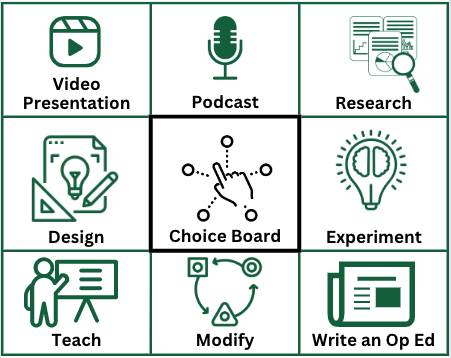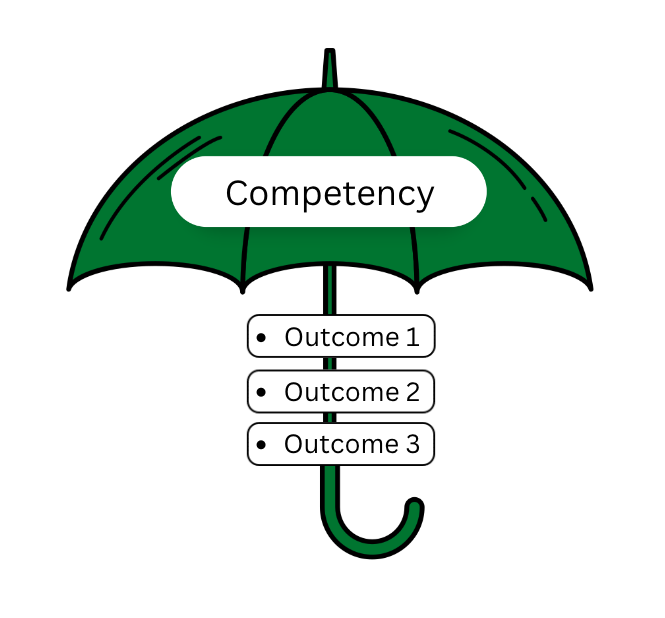All Aligned – Outcomes
This post is one of a 3 part series on the concept of alignment of what you want students to learn, how you plan to teach them, and what you will assess them on. Sometimes called constructive alignment, it has three parts:
- Your learning outcomes
- Your instructional approach or learning strategies
- Your assessments
This post focuses on the need for clear learning outcomes for your students, and the next two posts in October and November focus on instruction and assessment respectively.
Why outcomes
Outcomes are statements that describe what our teaching is designed to help students know, do, or be. They start with a verb, then connect that to the key content. Knowing what they are helps us design instruction that is focused exactly on what we want.
For example, if your goal is to have students
- Articulate a well-defended argument based on precedent
Then you want to teach them to
- Use criteria for well-defended to assess and build arguments
- Find and make sense of relevant precedent
Without a clear outcome about being able to actually make a well-defended argument, you might think your instruction should stop at describing criteria for well-defended, or that a test where students recalled the definition might be better than an assessment where they actually had to make an argument.
Good outcomes help us focus our classes on the knowledge, skills, and values we actually care about our students learning, rather than explaining facts and ideas. The educator commitments in Our Learning Charter describe being “aware of the range of instructional methods and assessment strategies, and select and utilize teaching methods that are effective in helping students achieve the learning outcome of a course or learning activity” as a key shared commitment of those of us who teach on campus.
More about outcomes
- Learn how to write an outcome from a previous GMCTL blog post
- Not sure outcomes are a good idea? Read another former post on if outcomes are reductionist
- Not clear on the difference between Outcomes vs Objectives?
Read the other chats related to Our Learning Charter to learn about other educator commitments.



One Comment
Pingback: